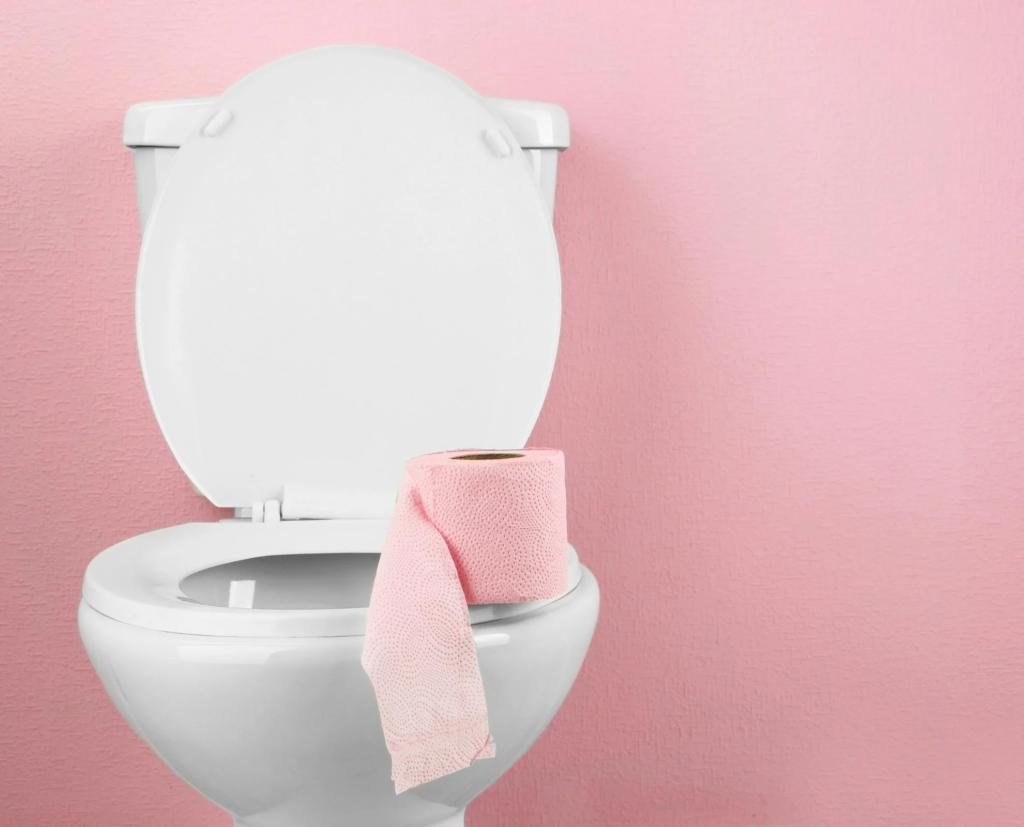
Men’s Health Week: Discussing awkward health issues 2023
Sanjh
- 0
How to broach a difficult health topic with your partner?
While health difficulties shouldn’t be shamed, discussing your partner’s health can be difficult, especially if it’s “embarrassing” or sensitive.
Last year, the app myGP showed that 23% of males are embarrassed to seek medical assistance for health issues. What if you’re the spouse of a man who may have a health concern, but you’re afraid to bring it up?
First, Eroxon adviser and men’s health and sexual function specialist Dr. Anand Patel thinks couples need these dialogues.
Patel thinks relationships are most stressed by unspoken talks. “If you can regularly communicate your needs and stresses, you are probably going to have a really functioning relationship.”
How do you handle it in a heterosexual or same-sex relationship?

Patel thinks these conversations must be polite. “Don’t surprise them. Helping each other’s health.”
Men’s Health Week (June 12-18) opens with three prevalent men’s health issues and tips for discussing them with your spouse.
Toilet habits change
Have your partner’s bathroom habits changed? “Having difficulty passing urine, running to the toilet all the time, or getting up a lot in the night to pee,” Patel explains.
This is prevalent in elderly men and typically connected to the prostate, a tiny gland near the bladder that makes semen. An enlarged prostate might hinder urinating, but it may be a sign of cancer, so see a doctor. It’s treatable, too.
How do you start a discussion if someone looks reluctant? “Think about what you want to say. “Speak in a private place, where they have not just got back from work or are rushing out,” advises Patel. “Can we catch up about something that has been on my mind?”

Even if you’re irritated, stay calm. Signpost that this can be humiliating, then share how it affects you and how you are worried about them.”
Erectile dysfunction
Erectile dysfunction (ED) is common and usually harmless if it occurs rarely and has a clear reason. Patel believes it’s crucial to talk about it in partnerships when it’s more frequent.
“It may indicate health issues,” he says. Perhaps due to worry, sadness, job, sorrow, stress, or a health issue like diabetes or heart disease.
Erectile dysfunction is sensitive. “Pick a good place and time – not after sex,” Patel advises. It’s not about blaming. Explain that you like doing things together but have observed disparities. Ask how he feels and whether you can solve the situation together. Speak up, yet politely.”
Remember, GPs treat ED often.

“Many current treatments don’t involve the partner at all; he shuffles off and deals with it, be it through tablets or a pump,” explains Patel. If you can do foreplay, you can use Eroxon [treatment gel] to enhance the condition. The topical gel allows your spouse to participate in manual stimulation.
Testicular lump
You find a lump during sexing. What now?
“Perhaps don’t say there is a lump when you are having sex—bring it up another time soon after, and don’t delay,” recommends Patel. “Could be an urgent conversation,” he says.
Patel continues, “Maybe it is [a lump] they have known about for years that is nothing to worry about, but you should ask. After speaking, wait. They may be furious, ashamed, astonished, or bewildered by your feelings. If they refuse to see a doctor, find out why. Show your concern.”
Not all lumps are cancerous. However, testicular cancer is the most prevalent disease in males aged 15–49, according to the NHS, therefore any strange lumps or bumps should be checked out immediately. Early detection helps cure testicular cancer.
Patel thinks cancer may make people take an issue seriously. You can be kind, but they may have a problem.

